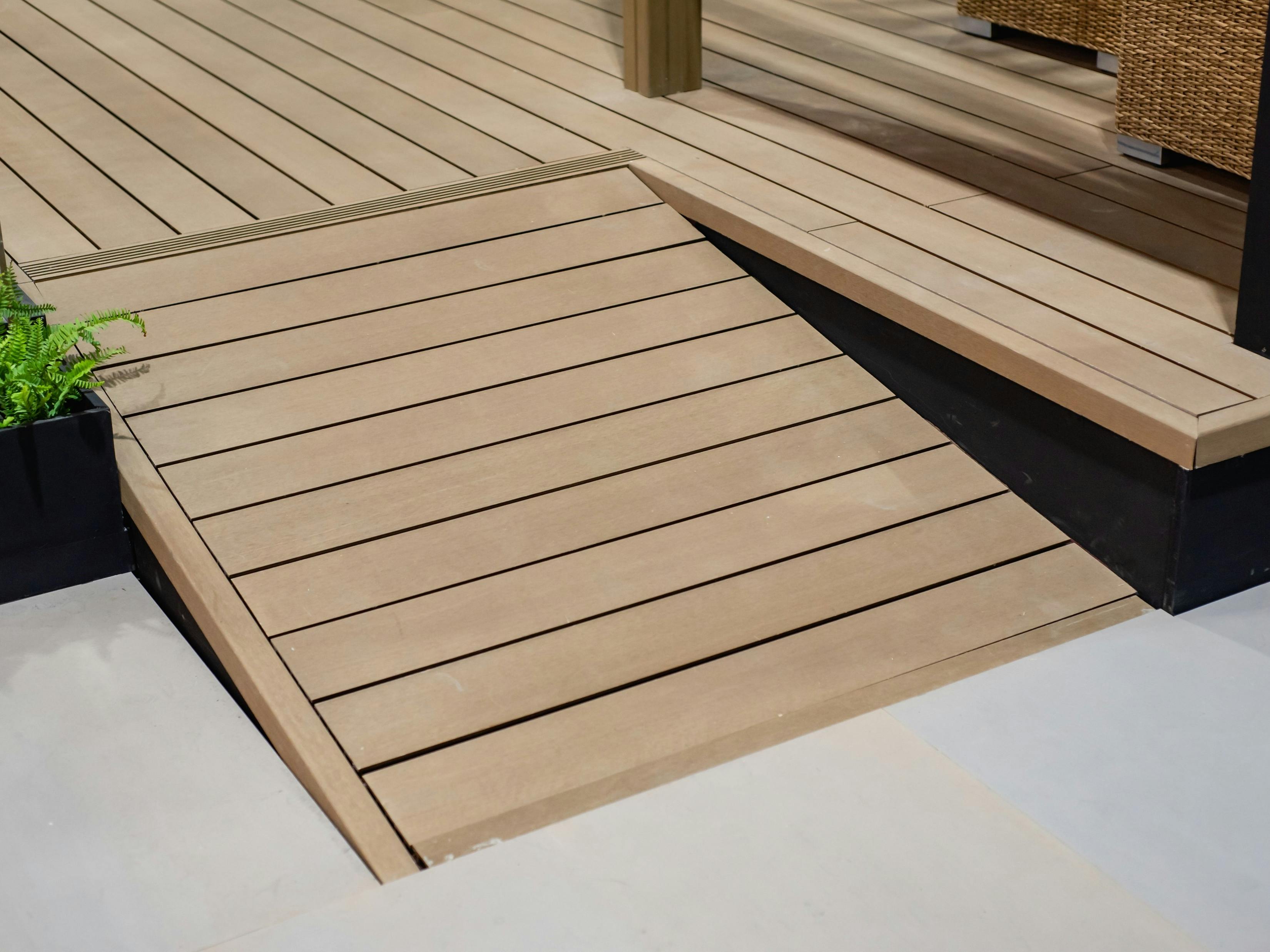
Medicare covers a variety of items as durable medical equipment, including wheelchairs. But what about home modifications? And is there other financial assistance available for installing wheelchair ramps? We’ve got the details.
Mon-Thur 9am-7pm | Fri 9am-6pm EST
Whether you or a family member is permanently or temporarily confined to a wheelchair, you may wonder, “Does Medicare cover wheelchair ramps?” After all, without a wheelchair ramp, those with mobility issues may not be able to enter their own home.
Here’s what you need to know about Medicare coverage of wheelchair ramps, as well as other financial assistance programs to help pay for their installation.
Medicare coverage of durable medical equipment
If you are a part of the Medicare program and have a medical condition that confines you to a wheelchair, you may already be familiar with Medicare’s coverage of durable medical equipment.
Durable medical equipment (DME) is covered by Original Medicare Part B. DME is defined by Medicare as equipment that meets these criteria:
- Typically only useful to someone who is sick or injured
- Durable (can withstand repeated use)
- Used for a medical reason
- Used in the home
- Expected to last at least three years
Wheelchairs and scooters are considered DME, according to Medicare. Part B also covers canes, crutches, hospital beds, patient lifts, traction equipment, power wheelchairs, and walkers – among other things. After you meet your Part B deductible, you will be responsible for 20% of the Medicare-approved amount for the DME.
But will Medicare cover home modifications necessary for you to be able to access your own home?
Does Medicare pay for wheelchair ramps?
Original Medicare does not cover wheelchair ramps. Wheelchair ramps are NOT considered DME but home modifications, something not typically covered by Medicare. This means that you may be on your own to pay for health-related home improvements, including ramps, grab bars, stair lifts, and other items wheelchair users might use.
Options for paying for home modifications like wheelchair ramps
A wheelchair ramp costs between $1,000 and $3,500 – according to a home improvement website. Here are a few options to consider if you cannot cash flow the project.
- People who have both Medicare and Medicaid coverage are dually eligible. If you participate in both programs, there may be a possibility that regular Medicaid will help cover the purchase and installation of medically necessary wheelchair ramps. (Learn more about dual eligibility.)
- Home and Community-Based Services (HCBS) oversees community-based support and services for people with disabilities. Several states allow HCBS waivers to pay for ramps, as they are classified as home modifications designed to prevent or delay unnecessary emergency or nursing home placement.
- Some veterans’ assistance groups may help pay for residential wheelchair ramps.
- Local community-based non-profits may help fund a residential wheelchair ramp.
Finally, you may be able to get help paying for a wheelchair ramp through other insurance plans offered by private health insurance companies. Medicare Part C (Medicare Advantage plans) covers everything that Original Medicare covers – and provides additional benefits.
A Medicare Supplement plan may also help cover home modifications such as ramps. To learn more about the Medicare plans in your area, or how to qualify for a dual eligible plan, call us toll-free at 888-992-0738 to speak to a licensed agent. We’ll answer your questions and help you find the right Medicare coverage for your unique needs.
Additional resources
- ClearMatch Medicare: Find a Medicare Plan
- Medicare.gov: Medicare Costs



